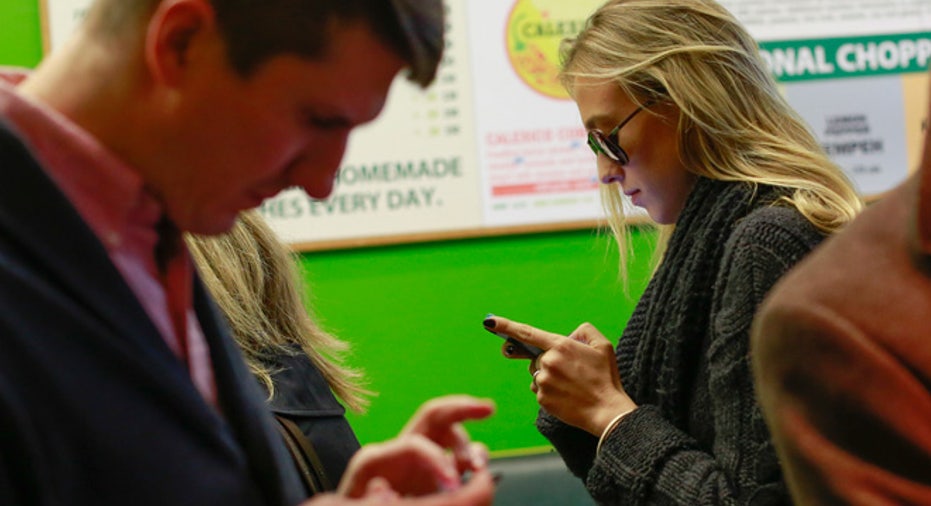Are All Personal Brands Fake?

There used to be a show on Fox called House. It was about a cynical and highly dysfunctional doctor who reveled in telling people truths they did not want to hear. I could have played that role pretty convincingly, if not for the medical jargon.
Anyway, Dr. House was fond of saying “Everyone lies.” Ironically so did he – a lot, actually – but that’s neither here nor there.
The point is it’s not true. Some people don’t lie. Of course, I’m not one of them. I sometimes exaggerate to emphasize a point, tell white lies when it’s convenient, that sort of thing. But when it comes to important matters – professional matters – never.
Turns out there are two types of people in the online world: those with integrity and those with personal brands.
The former are easy to spot. They’re the ones with simple but factual profiles and bios that represent their true capabilities and real experience. In other words, they’re not narcissistic self-obsessed self-promoters. They’re not fake. Perhaps they’re in the minority -- but they do exist.
As for the latter, in my experience personal branding = BS. Yes, I know the personal branding playbook says “be honest, be genuine.” Come on; be serious. Positioning a product or a company is one thing. For a person, your brand is your job, your profession. If not, guess what? You’re BSing. And that means you.
Don’t look around as if to say “Who me?” You know who you are. A shrink once told me that, on some subconscious level, everyone is aware when they lie, even when they lie to themselves. That’s the principle behind lie detectors. I guess it works pretty well unless you’re a raging psychopath.
Now, don’t get me wrong. I’m not talking about the rampant BS on Facebook. You know what I mean: all the posts about everyone’s wonderful kids, spouses, vacations and family lives. Sure they’re annoying, maybe a bit nauseating at times, but they’re not fooling anyone. Those perfect families are always the most dysfunctional.
I’m not talking about all the dopy recommendations on LinkedIn, either. After all, has anyone ever given an honest professional reference? What would you say? “Alan’s sort of mediocre but he does have his moments. Strengths? Um … I understand he’s pretty good at Scrabble. Makes a killer margarita, too.”
What I’m referring to is the way the personal brand crowd embellishes their professional capabilities and backgrounds online. Sometimes they just make stuff up. It’s pretty easy to tell if they’re faking it. When you follow up, sure enough, there’s barely a shred of truth to what they say about themselves.
Have you noticed how everyone’s a #1 best-selling author or award-winning blogger, speaker, expert or influencer these days? On whose list? Who’s issuing all these awards? Turns out all sorts of self-proclaimed gurus make up Top 100 lists to get clicks and boost their own personal brands, that who.
There are more self-proclaimed leadership experts who’ve never managed a soul than you can imagine. There are people who say they’re among the top executive coaches in the world and advisors to Fortune 500 CEOs who have no real experience, no education, and have never actually stepped foot in a boardroom.
There are countless CEOs of global companies who are really just solopreneurs.
The latest millennial fad is to tell an inspiring tale of hard-luck and survival and then bill yourself as a life or performance coach soon to be the next Tony Robbins.
You’d be amazed how many people who call themselves serial entrepreneurs are really just kids living in their parent’s basements trying to make a buck writing content, doing SEO and designing websites.
I’ve seen a chiropractor who thinks he’s a neuroscientist, a former NFL player who never played in a single game, and a pretty well-known sales expert who has never actually sold a thing, except maybe a bill of goods.
Probably my favorite scheme is all the company websites with leadership teams that consist entirely of family members and friends, all of whom do exactly the same thing on their own websites.
This is the gift that Web 2.0 – user-generated content, social media and the blogosphere – has brought us. A brave new world of virtual personas that bare little resemblance to reality. An entrepreneurial mindset where “fake it ‘til you make it” is the new normal. Welcome to Personal Branding 101.



















